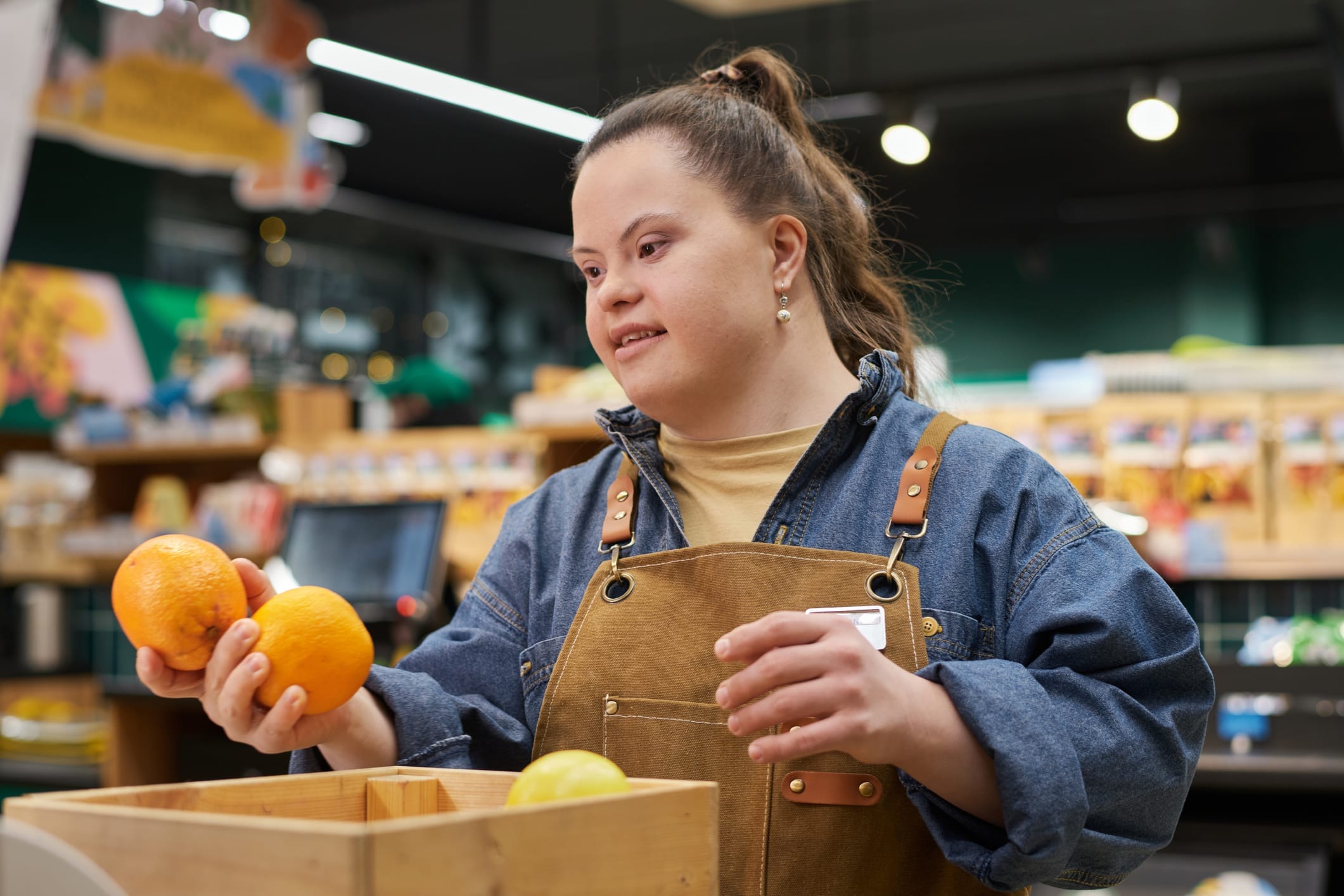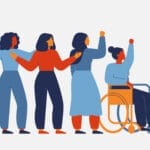March marks Developmental Disabilities Awareness Month (DDAM)—a time dedicated to recognizing the contributions, challenges, and rights of individuals with developmental disabilities. Since its inception in 1987, DDAM has fostered a national conversation about inclusion, accessibility, and advocacy. This month serves as a reminder that true inclusion goes beyond awareness—it requires action. By amplifying voices, championing policies, and fostering supportive communities, we can build a more equitable society where everyone, regardless of ability, has the opportunity to thrive.
Understanding Developmental Disabilities
Developmental disabilities encompass a range of conditions that affect cognitive, physical, or behavioral development and typically emerge early in life. These disabilities can impact everyday activities, communication, and independence to varying degrees. Some of the most common developmental disabilities include:
- Autism Spectrum Disorder (ASD) – A condition that affects social interactions, communication, and behavior, presenting differently in each individual.
- Down Syndrome – A genetic condition characterized by distinct physical features and developmental delays, often accompanied by unique strengths and abilities.
- Cerebral Palsy – A group of neurological disorders affecting movement, posture, and coordination, with varying levels of impact.
- Intellectual Disabilities – Limitations in intellectual functioning and adaptive behaviors that affect learning, reasoning, and problem-solving.
While these disabilities may present certain challenges, it is essential to recognize that individuals with developmental disabilities contribute significantly to society in diverse ways. With appropriate support, inclusive opportunities, and accessible environments, people with developmental disabilities can thrive in education, employment, and social life. However, many still face barriers such as stigma, inaccessible resources, and limited opportunities. Addressing these challenges requires not just awareness, but a commitment to creating environments where every individual has the opportunity to succeed.
The Power of Advocacy and Awareness
Advocacy and awareness are crucial in breaking down barriers and fostering inclusive opportunities. Through policy changes, education, and representation, advocacy efforts have led to significant improvements in accessibility and rights.
Consider the impact of the Americans with Disabilities Act (ADA), which paved the way for accessible workplaces, schools, and public spaces. Beyond legislation, advocacy plays a role in shifting societal attitudes, ensuring that individuals with developmental disabilities are recognized for their abilities, not just their challenges.
Success stories highlight the power of advocacy. Programs like Project SEARCH, which provides workplace training for young adults with disabilities, demonstrate that when given the opportunity, individuals with developmental disabilities excel in professional settings. Similarly, self-advocates—individuals with disabilities who speak out for their rights—are reshaping how society views disability, proving that representation matters.
Inclusive Communities: Building a Better Future
Creating inclusive communities isn’t just about compliance—it’s about creating spaces where everyone belongs. When communities embrace inclusion, the benefits extend beyond individuals with disabilities, fostering a culture of diversity, collaboration, and innovation.
- Schools: Inclusive education ensures that students with disabilities learn alongside their peers, promoting empathy and understanding from an early age.
- Workplaces: Companies that prioritize diversity and accessibility benefit from varied perspectives, increased innovation, and an inclusive culture.
- Community Initiatives: Programs such as adaptive sports, sensory-friendly events, and mentorship opportunities empower individuals with developmental disabilities and promote social integration.
By investing in inclusive practices, we create a society that values everyone’s contributions, paving the way for a future where developmental disabilities are not barriers, but unique aspects of a diverse world.
How to Support Developmental Disabilities Awareness Month
Supporting DDAM is about more than just recognition—it’s about taking action. Here are some ways to get involved:
- Participate in Local Events: Attend awareness walks, conferences, or online discussions focused on disability rights and inclusion.
- Support Advocacy Organizations: Donate to or volunteer with organizations such as The Arc, Best Buddies, or the National Association of Councils on Developmental Disabilities (NACDD).
- Raise Awareness on Social Media: Share success stories, educational resources, and personal experiences using hashtags like #DDAM2025 or #InclusionMatters.
- Educate and Engage: Have conversations with friends, family, and colleagues about the importance of inclusion and accessibility.
Conclusion
Developmental Disabilities Awareness Month is a celebration of resilience, achievement, and diversity. By advocating for accessibility, challenging stereotypes, and fostering inclusive environments, we help create a world where individuals with developmental disabilities are recognized, valued, and empowered. Inclusion doesn’t happen by chance—it happens by choice. Let’s choose to be allies, advocates, and change-makers, not just in March, but every day. Together, we can build a more inclusive future.








